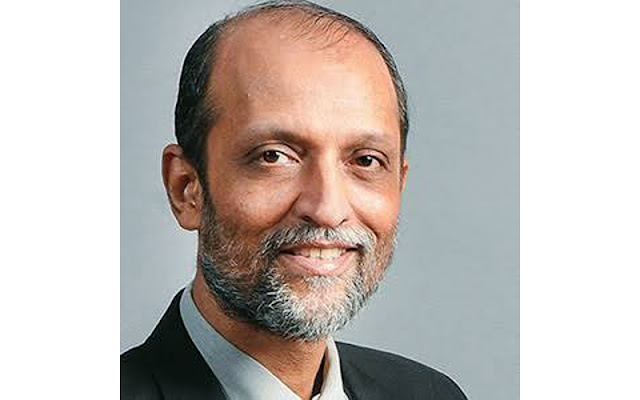Modi’s demonetisation decision is like pressing the nuclear button
The Reserve Bank of India surprised the
market with its first monetary policy review, after demonetisation, by
keeping its repo rate unchanged at 6.25%. Noted Ajit Ranade, economist
and political analyst spoke on impact of demonetisation on growth and
the possible upside risks to inflation. Ranade in his interview stated
that the goal is not to move to cashless, but use less cash.
There was big expectation of a rate cut
from RBI. But the central bank has surprised everyone. Are you
disappointed that RBI did not cut the policy rate this time?
Not at all, there are at least five reasons for caution that I can think of:
(a) The US rates are going up, and a Fed
hike is almost certain. Most developed country bond yields are also
going up. So gap between Indian and US rates is narrowing.
(b) Oil prices are up after OPEC decision to cut output that may lead to some inflationary pressure.
(c) GST will also be inflationary in the beginning period and might warrant tightening of rates.
(d) The rupee has been on a weakening path so may need to be supported.
(e) The CRR action had been taken to
take out excess liquidity that has been reversed, giving relief to
banks, so case for rate cut that much weaker. All in all it was good to
pause now, since the last MPC produced an unexpected rate cut, so best
to keep the ammunition for a future decision.
The SBI Chairperson has also expressed
her disappointment. She has argued that the SBI has always passed on
rate cuts. How should the banks react now?
As liquidity situation improves, there
is ample space to pass on reduced rates even with current policy rate.
The MCLR (marginal cost of lending regime) is on, which connects lending
rates to cost of deposits. So there too it is possible that in
successive quarters lending rates may fall further.
What are the implications of the RBI
Governor saying there will be no impact on the RBI balance sheet as a
result of demonetisation?
So long as currency notes are out there,
they are liabilities of the RBI (they are called “promissory notes”).
Even if the notes are no longer legal tender, they still are liabilities
of the RBI, extinguishing those liabilities requires an explicit
decision by the appropriate authority (backed by adequate legal powers).
Not a simple or trivial thing to simply repudiate a “promise” of the
central bank. Hence, if the liabilities remain the same, it cannot be
the case that there is any fiscal benefit from the demonetisation
through RBI balance sheet. There may have been fiscal benefit due to
higher tax payments, stamp duty payment, clearance of dues to government
companies (MTNL, utilities etc).
RBI still seems concerned about inflation though there are fears of a dip in growth numbers. Why?
Inflation may partly be influenced by
global commodity prices, which are on a gradual upward trend. With the
recent decision of OPEC to curtail output, oil prices may also move
upwards. In addition we may see some supply bottleneck issues
domestically, especially, in the agriculture sector. Industrial capacity
expansion is also been lagging so may fall behind demand growth.
How fast can India move to a cashless economy?
India has already broken a few world
records, opening 240 million networked bank accounts in such a short
time was unthinkable (Jan Dhan Yojana). The demonetisation decision was
like pressing the “nuclear button”, sort of like Mr. Modi’s Pokhran
moment. India’s telecom revolution continues, being the fastest growth
in the world. Telecom forms the bedrock forming the digital economy. The
goal is not to move to cashless, but to use less cash. So, India may
surprise the world at its pace of going toward less cash.
Given the state of our infrastructure, is it even desirable to do so and push for it aggressively?
There are far too many benefits to
using less cash. It will bring more transactions into the legitimate
tax net, increase fiscal resources, provide for more funds to build
infrastructure. It also introduces fairness, if all taxpayers are
potentially in the net.




Comments
Post a Comment